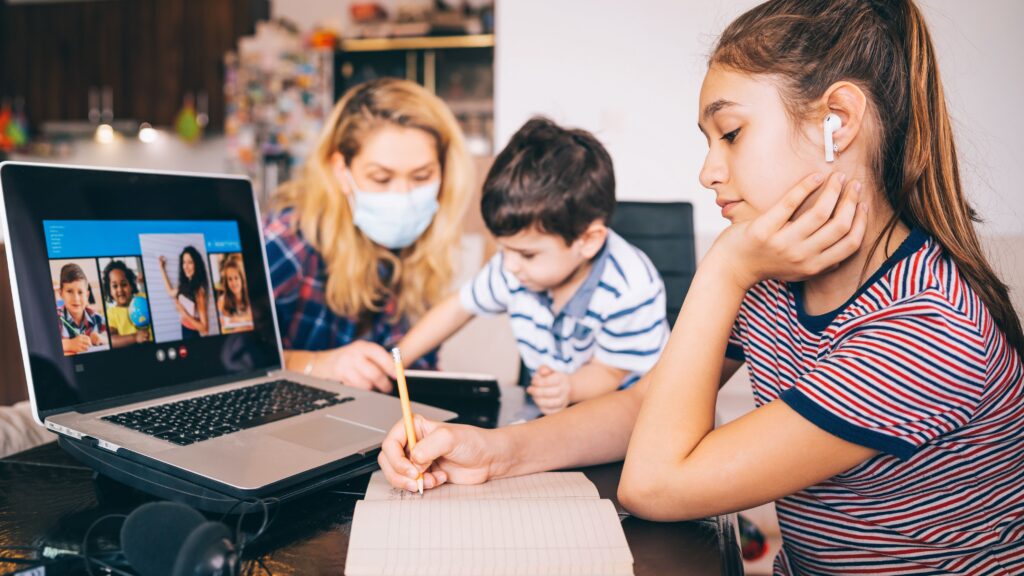School is a great setting for children and families to access quality behavioral health; it can help increase access to care for busy families, but also greatly benefit rural communities that may have fewer resources. Services can be provided at school, in the home or in other community locations that are most convenient for the family.
For most school districts, the 2020-2021 school-year has begun, and school-based behavioral health is becoming a vital part of student support systems. Some studies suggested as many as 49 percent of young people will have a diagnosable psychiatric disorder before the age of 18.
Comprehensive Healthcare currently offers behavioral health support to schools in Pasco, Ellensburg, Sunnyside, Granger and Prosser. Thanks to the Certified Community Behavioral Health Clinic (CCBHC) Grant, Comprehensive Healthcare has recently been able to expand school-based services at little to no cost for partnering schools in Wapato, Toppenish, White Swan, Harrah, Union Gap and Yakima. For each of these locations, there is an assigned therapist and family support peer counselor working as a team with the students and their families. The family support peer counselor is a member of the treatment team who has experience currently or previously raising a child with mental health or substance use disorders. This person works with families to ensure their voices are being heard and are an active part of the student’s care. This team member will bring that voice, not only to the treatment team, but also within the educational setting.
How the Pandemic has Impacted School-Based Services
This year, of course, the COVID-19 pandemic has changed the way in which we can deliver school-based services. Some schools are still allowing face-to-face meetings in their school buildings with children and youth who are on Individualized Education Programs, or in need of behavioral health services. Others have specifically set up web services. For example, Comprehensive Healthcare is able to provide virtual group therapy to students in the Ellensburg School District utilizing their video conference technologies.
Comprehensive Healthcare can also provide virtual services through our own telehealth platform, which can be much more convenient for families and students at times.
Helpful Tips for Parents and Families
It is important to note that during the past few months, our school-based therapists and our crisis response teams have noticed that calls for crisis services from teachers and educators have been decreasing, but crisis calls from parents are increasing.
As the pandemic continues and school instruction continues at home, parents are likely to see the types of concerning behaviors that are typically noticed by teachers. It is important for parents and guardians to communicate with their children about how they are feeling, and come up with ways they can practice self-care, or how to manage stress and create a family wellness plan.
If a parent is interested in school-based behavioral health services for their child, they are encouraged to contact their child’s school regarding any concerns, and ask about what behavioral health services are available. We know the more the family can be included in the treatment services, the better the outcome. Our school-based therapists encourage the families participating in services to:
• Ask to be involved in treatment, in nearly all cases, your involvement in therapy provides the best chance for your child’s recovery.
• Ask about and research the evidence-based practices that are being utilized. Evidence-based practice allows for effective and well researched
interventions to be provided appropriately. Nearly all evidence-based practices have a family component.
• Explore options for where and how the services can be provided such as telehealth, at home, at the school or in our offices.
Mentally Healthy Students are More Likely to:
• Go to school ready to learn
• Actively engage in activities
• Have supportive and caring connections with peers and adults
• Use appropriate problem-solving skills
• Exhibit non-aggressive behaviors
• Create a positive school culture



